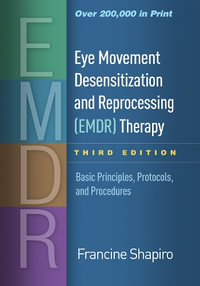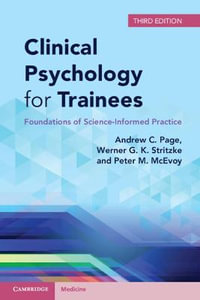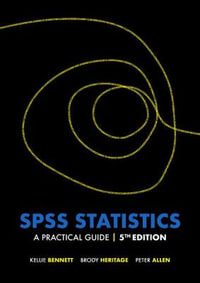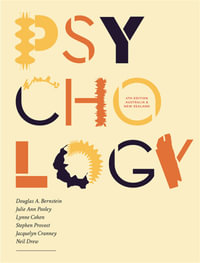The title is, at first glance, enigmatic. Clue: it concerns men and women—their most concrete, amorous, and sexual relations in everyday life, as well as in their dreams and fantasies. It has nothing to do with what biology studies under the heading of sexuality, of course. Must we leave this field to poetry, novels, and ideologies? Lacan attempts to provide a logic for it here—one that is quite cunning.
In the sexual realm, it is not enough to be; one must also exhibit. That is true of animals. Ethology has detailed the display behavior that precedes and conditions mating: it is, as a rule, the male who signals his intentions to a potential partner by exhibiting shapes, colors, and postures. These imaginary signifiers constitute what we call semblance. Similar exhibitions have been noted in human beings, and have served as grist for satire. In order to serve as grist for science, we must clearly distinguish them from the real that they veil and manifest at the same time—that of jouissance.
The latter is not the same for both sexes. Difficult to locate in women—and in fact, diffuse and unsituable—the real at stake for men is coordinated with a major semblance: the phallus. The upshot being that, as opposed to what commonsense would have us believe, men are slaves of the semblance they prop up, whereas, women are freer in this regard, and are also closer to the real; and that if a man is to sexually encounter a woman, he must put semblance to the test of the real, which is tantamount for him to the “moment of truth”; and that, if the phallus is suitable for signifying man as such—“every man”—feminine jouissance, because it is “not wholly” taken up in semblance, constitutes an objection to the universal.
A logic is, therefore, possible, if one has the audacity to write the phallic function as follows, F(x), and to formalize the two distinct ways in which a subject can be sexualized by inscribing himself in that function as a variable. This approach requires us to go beyond the myths invented by Freud, those of the Oedipus complex and of the father of the primal horde (Totem and Taboo); to mobilize Aristotle, Peirce, and the theory of quantification; and to elucidate the true nature of writing, including both Chinese and Japanese.
At the end of this trajectory, the reader will know how to elucidate Lacan’s aphorism, “There’s no such thing as a sexual relationship.”
Jacques-Alain Miller
























